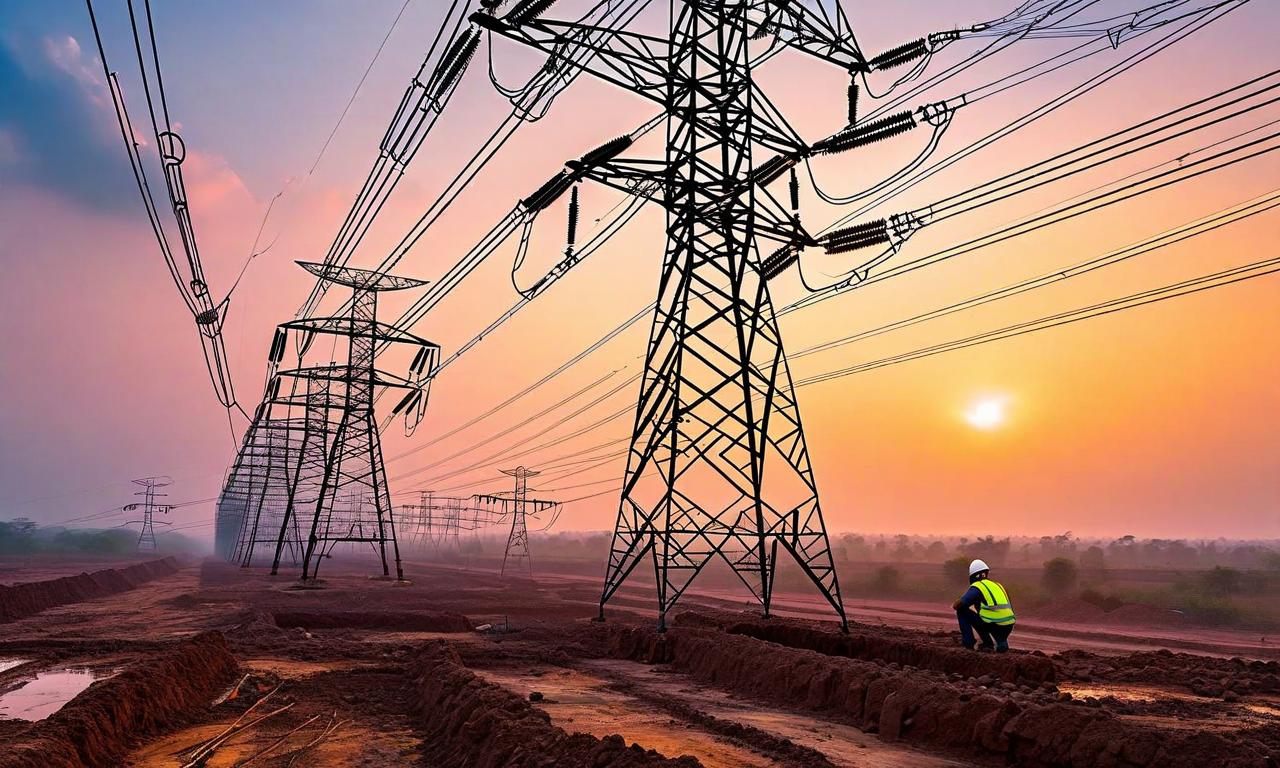U.S. Treasury Secretary Bessent Announces Substantial Communication with China
Treasury Secretary Bessent disclosed significant communication with China over the weekend and announced upcoming staff-level meetings between the two countries. Bessent emphasized that the U.S. has been actively countering China's export restrictions. These developments indicate ongoing efforts to manage trade tensions between the United States and China, particularly regarding export controls.

*this image is generated using AI for illustrative purposes only.
U.S. Treasury Secretary Bessent has recently highlighted ongoing developments in U.S.-China relations, focusing on increased communication and the issue of export controls. In a Fox Business interview, Bessent discussed the current state of affairs between the two economic powerhouses.
Key Points
- Treasury Secretary Bessent reported substantial communication with China over the weekend.
- Numerous staff-level meetings are planned between the two countries.
- The Secretary emphasized that the U.S. has been aggressively countering China's export restrictions.
- These developments underscore the continuing efforts to manage trade tensions between the United States and China.
Implications
Bessent's statements shed light on the current state of U.S.-China relations, particularly in the realms of diplomatic communication and export controls. The increased dialogue and planned meetings suggest a potential for improved understanding and cooperation between the two nations, while the ongoing issue of export controls remains a significant point of contention.
Context
Export controls are regulations that govern the transfer of sensitive technologies, information, and goods to foreign nations. Both the United States and China have implemented various export control measures, often citing national security concerns. These controls can significantly impact international trade, technological development, and economic growth.
The aggressive pushback mentioned by Secretary Bessent likely refers to a combination of diplomatic efforts, policy measures, and possibly economic actions taken by the U.S. government to counter what it perceives as unfair or restrictive practices by China.
Conclusion
As the situation continues to evolve, it will be crucial for businesses and investors to monitor developments in U.S.-China relations. The increased communication and planned meetings offer hope for progress, while the ongoing discussions about export controls highlight the complex nature of the relationship between these two global economic powers. Stakeholders should stay informed about these developments and their potential impact on various industries and global supply chains.





























